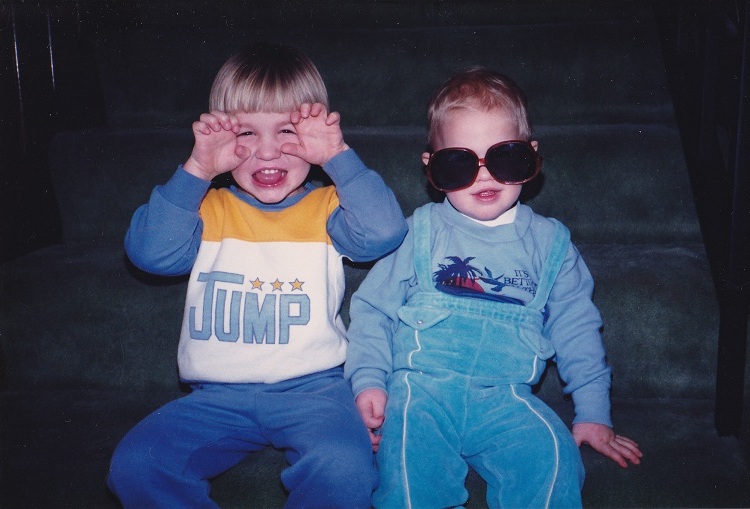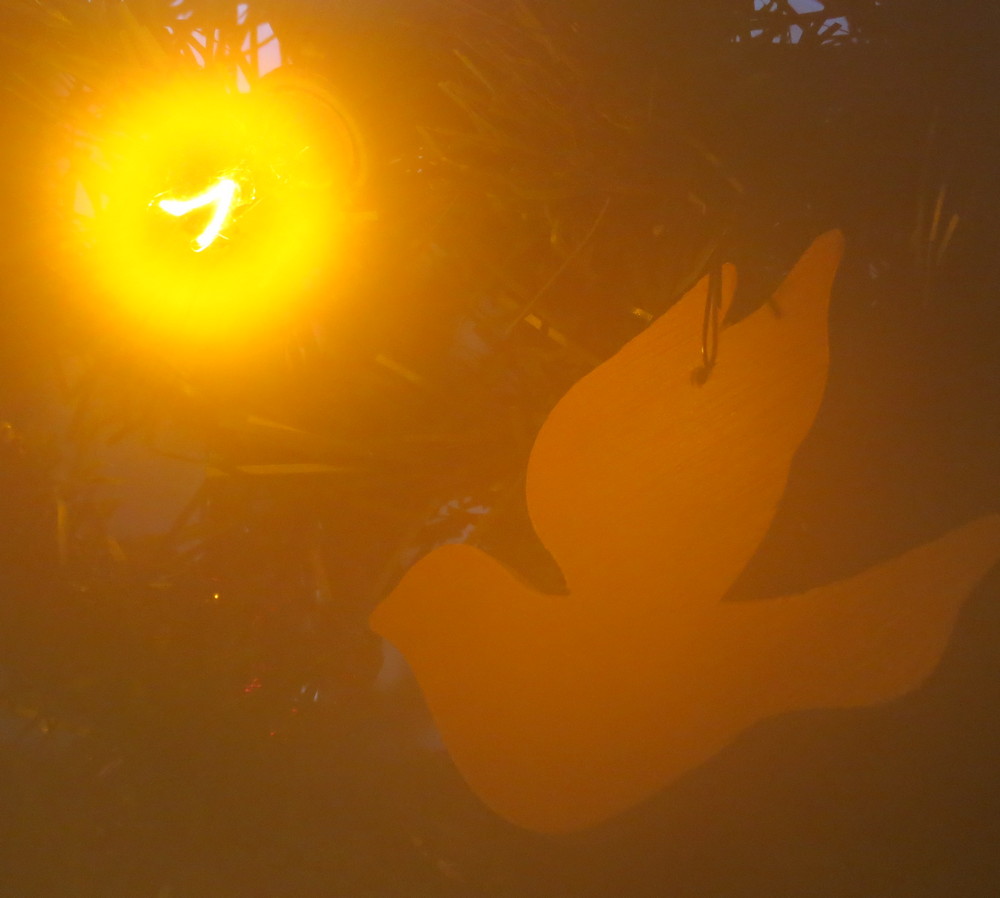TBM30: Death, Divine Love, and the Heart
I’d like to make it clear from top to bottom and all points in between that some of the medical disorders we experience are related to the choices we make as human beings and some of our medical disorders are part and parcel of the DNA we’re born with. (Still other medical disorders are caused by external sources, such as car accidents or physical assault or other examples of being in the wrong place at the wrong time, but these aren’t the forms of physical suffering I want to talk about today.)
Every day children are born into families around the world, and every day some of those children are born with DNA-related disorders that will bring many challenges into the lives of these children, their families, their medical care-givers, and their communities. There’s nothing wrong with these children as far as God and their guardian angels are concerned. I want to emphasize this point because too often in the past families have been told by religious leaders that any form of medical challenge in a young child is a curse or a sign of God’s displeasure.
My younger son was diagnosed with leukemia (A.L.L.) when he was 2 1/2. Were the seeds of this dread disease present in his genetic structure when he was born? I don’t know. Maybe. I know that in 1989, when he was being treated in hospital, our pediatric oncologist told us they’d done a particular test (don’t ask me what) that showed two bits of genetic material had switched places with each other. The presence of these “jumping genes” was known to be linked to treatment resistance and poor outcomes for children with A.L.L. That’s all I remember now about the test. But they were right about the outcome. My son’s leukemia was highly resistant to treatment. Even a successful bone marrow transplant from his brother wasn’t enough to hold back the cancer for long. My beloved boy died nine months after he was diagnosed.
I can tell you I was some mad with God. Our son hadn’t done anything “wrong,” and it seemed, from our perspective, that God was being cruel and unfair to him and to us. Of course, we were practising Christians at the time (High Anglican) and fellow Christians we spoke with kept telling us to pray and to believe. So we kept praying and believing, and we welcomed visits from the hospital chaplains, and on Easter Sunday of 1989 we took our son to church to be blessed during a brief period when he was released from hospital.
The emotional support we received from our families and neighbours and fellow Christians was deeply important to us then, and remains so to me to this day. We couldn’t have got through this time of agony and fear without the emotional and practical support of our friends, family, and medical caregivers. The casseroles that appeared on our front doorstep were a healing balm for us. The consistent and sincere offers to babysit our older son showed a generosity and compassion that changed us forever. The tears that others shared with us told us more than we’d ever dared know about the people around us — ordinary people who found an extraordinary capacity for courage and love already within them when they recognized the desperate need of one frantic family. The prayers, though . . . the prayers made things worse, not better, for us.
It was a long time (years, in fact) before I could muster the courage to wonder about my relationship with God. But eventually I started to notice I wasn’t the same person I’d once been. My priorities had changed. My internal priorities. The external realities hadn’t changed. We still lived in the same house, still had a stable family income, still cared about raising our older son in a responsible manner. But inside . . . inside I was feeling a lot less arrogant and lot more . . . I don’t know . . . more understanding of other people’s pain and loss.
I was still here, struggling each day to figure out my life as a human being, and my younger son was not. That was a fact. He was dead, and there was nothing I could do to change that. I understood this part. But there were other parts of the grieving process I didn’t get, parts that are still hard to put into words, parts that continue to evolve even after all these years. These parts were — are — the parts that deal with the heart.
I guess what I’m trying to say is that if you allow yourself to feel your own heart, the journey of trust and discovery and gratitude doesn’t end with a person’s death. It just . . . changes. It changes in the same way a caterpillar changes when he weaves a cocoon and sits there quietly for a while, allowing the transformation to take place. When he emerges, he’s the same caterpillar he was. But he’s changed, and he can’t interact with the world in the same way he once did. His relationships with others have changed. Forever.
Being open to your own heart is like this. Being open to your heart means you’re willing to allow other people to change you. It means you’re willing to be inspired by others, willing to feel awe and wonder in the presence of their courage and abundant gifts. It means you’re willing to feel other people’s pain and then take action to help them relieve their pain. It means you care about your neighbour, even if you don’t know your neighbour.
The heart is a truly mysterious place (which is perhaps why poets and painters and musicians and playwrights have had more success expressing it than prose writers have). You wouldn’t feel full inside if you didn’t have this mysterious place in which to store your memories of wonder and awe, gratitude and divine love. At the same time, the heart is the heart because there’s no limit to its ability to grow. So although it’s full, there’s always room for more. There’s always room for another smile, another hug. (And this is before we get to the weird quantum realities of the heart!)
Last weekend I watched a DVD my son brought over. It’s a film called The Way Back. It blew me away.
The film is loosely based on a book about some prisoners who escape from a Siberian work camp during WWII and walk 4,000 miles together before emerging from the Himalayas in Northern India. (There’s debate about the truthfulness of the original book.) There’s a lot of walking in this film — walking through snowstorms, walking through wild northern forests, walking through deserts, walking through mountains — but really it’s a film about a small group of people who help each other reclaim their broken hearts. I bawled my eyes out at the end.
Did they lose some of their friends on the journey? Yes. Did it make a damn bit of difference to their hearts? No.
Their friends had forever changed them. Their friends had forever inspired them. Their friends had forever healed them, even though their hearts hurt like hell because they missed their cherished ones so much.
Don’t be afraid of medical illness and medical disorders (not at a soul level, anyway). Shit happens to everyone. Take what happens and try your best to meet the unique challenges of your life with the courage and trust you’re capable of. Do the best you can until you can’t do any more, and then accept that God will be there to take you or your loved one Home when it’s time.
To love fearlessly is the best any of us can do. But you know what? It’s a pretty impressive choice in the grand scheme of things, and is probably a big part of the reason we’re here on Planet Earth. So don’t diss it.
Blessings.














